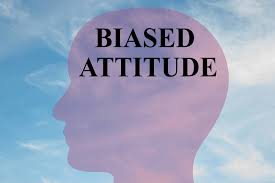This sensitive book addresses several characters’ search for meaning under painful circumstances. Fifteen-year-old Grace, her mom and her older sister have struggled since Grace’s dad deserted them for another woman. Both sisters stumble through challenging transitions within the high school dating scene. Grace also seeks meaning on a larger scale, trying to assess whether she really believes in God and how to make complicated, irrevocable decisions about what’s right and wrong.
Grace has been working as a candy striper at a local retirement home and has developed a close friendship with 84-year-old Frank Sands, who has Lou Gehrig’s disease. Later she also becomes close to his wife, Isabelle. Frank and Isabelle are portrayed with complexity and respect, as real people with foibles, disappointments and overwhelming problems. But Grace is right in there, dealing with the nitty-gritty with open eyes and an open mind.
In an electrifying development, Frank asks Grace to help him die, because his illness will gradually rob him of all power over his body until he can’t even breathe or swallow. He doesn’t want to live for years as a mind entombed in a paralyzed body. At first, Grace says no, but eventually—when she sees how much he’s suffering and how rapidly he is becoming paralyzed. He repeats his request and she feeds him poison. He dies that night. Grace plunges into a tumult of confusion and guilt. Days later, she learns that Isabelle had already disconnected Frank’s respirator shortly before. Isabelle is horrified to learn that Frank asked Grace as well as herself to help him. The reader never knows for sure whether Frank died because of Isabelle’s action or Grace’s or both, but the two of them acted on the same instinct to spare him suffering.
This is hardly the kind of novel that says old age is carefree and fun, but it does affirm that even someone confined to a hospital bed cannot be dismissed as less than a full human being with nothing left to give. Frank’s steady presence gives Grace just as much as she gives him. She particularly appreciates his gift for finding the humor even in grim situations. After his death, Grace watches the beauty and power of a sunrise and thinks, “Wherever Mr. Sands is, he remains with me, part of the dawn.”
Beautifully written, this book will challenge teens to think through the complex topic of euthanasia, and other moral dilemmas, in a new light.



